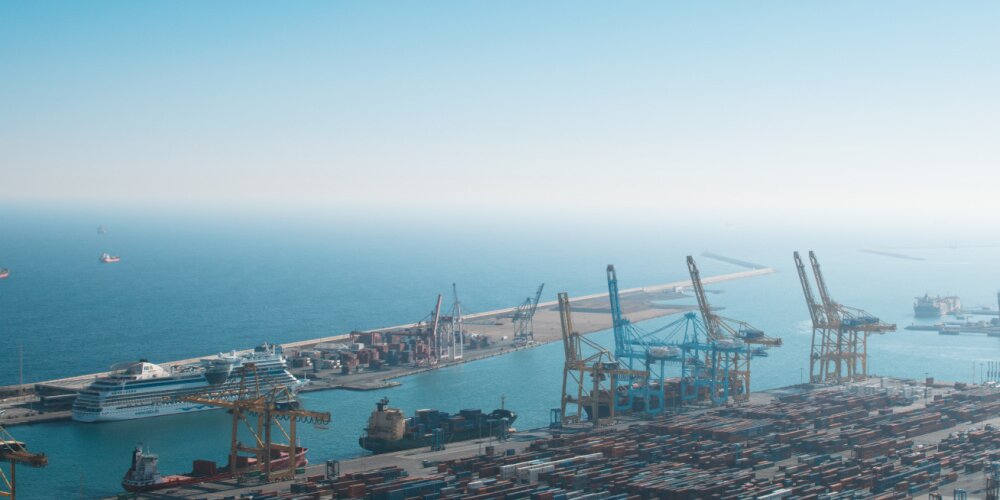Browse our services
Explore how Brookes Bell can help you
Find an expert
Meet our team, find and expert and connect
Contact us
Get in touch, we're here to help

A new report issued by the World Economic Forum and Boston Consulting Group (BGC) has found that 95% of supply-side projects to produce zero emission fuels in maritime shipping are still at the pre-final investment decision (FID) phase.
Being at the pre-FID stage means that a decision has not been made whether to invest and begin work on a project.
The report - Fuelling the Future of Shipping: Key Barriers to Scaling Zero-Emission Fuel Supply - suggests that the 180+ dual fuel vessels that have currently been ordered by carriers are not seen as a clear enough demand signal by fuel producers.
In other words, fuel producers do not yet have confidence that enough dual-fuel ships will be ordered over the coming decades to justify investment in costly new alternative fuel infrastructure.
Drawing upon the combined insights of 20 leading organisations ‘with different vantage points along the maritime shipping value chain’, the report sets out the top 10 barriers limiting zero-emission fuel projects from getting past the final investment decision phase.
The report details the 10 barriers as follows:
However, despite setting out what appear to be a series of formidable barriers, the report does also contain a number of potential solutions. These include:
To access Fuelling the Future of Shipping: Key Barriers to Scaling Zero-Emission Fuel Supply click here.
If your vessels are experiencing a fuel quality issue, then call on Brookes Bell’s expertise.
Our time-served experts are able to advise upon a broad range of fuel related issues, including; bunker issues, fuel cargo quality, provide forensic investigations, or investigate loading issues.
For more maritime industry insights, news and information, read the Brookes Bell News and Knowledge Hub…
Study Suggests Fuel Content Discrepancies May Be Present in 39% of Global Bunkers | World’s Largest Battery-Driven Vessel to Be Built in Australia | Mitsubishi Shipbuilding Tests Ammonia Handling System for Vessels